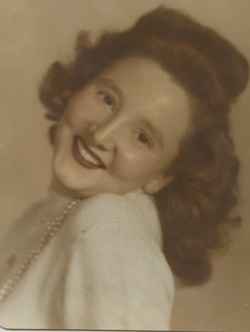Maya Angelou
Every time I read that quote, I think about the concentration camp survivors we hosted during a Holocaust presentation at Rogue Community College in Grants Pass, Oregon. Most of them were quite old and they’d just begun to tell the stories they’d kept inside. I was horrified and I was mesmerized by their words, by their courage and humility. One man, over dinner at our kitchen table, said something I will never forget. When asked how his life had been changed by his years in a concentration camp where he lost his entire family, he replied. “It made me more kind.”
Stories are our conscience. They teach truth and a respect for the past. Stories are like our connective tissue, they link us to the lives of others. If we keep telling and writing them, perhaps they will keep us human. Anne Frank was a thirteen-year-old child who wrote a diary while hiding in an attic. She didn’t survive, but her words did—inspiring and haunting us for generations.
After hosting those Holocaust survivors and hearing their stories, I needed to write something—to connect in a heartfelt way—to add my voice and speak for the ones who'd died and were not heard. I needed to imagine myself as someone who'd experienced at least something of the horror. This poem came out of that need.
THIS BRIGHTNESS
All night I stood waiting
for sun to fill the room’s small window,
the glass still black where I paused
looking out as if for a signal
and remembering how dawn
releases the trees, mountains and each
fence from its shadow.
Still holding the nightfall between my hands
I whisper, “It will come.”
The dark yields slowly and this day
might have traveled here from the other side
of the earth, an avenue in Warsaw and a house
where a man has paced since midnight
the musty stillness of his attic, thinking
each time a board creaked that soldiers
moved on the stairs and imagining
that these would be his last moments.
Words like moths kicked up
from the tall grass could
trace his story back to its ink.
He knows the meaning of all time is words--
those small, unstoppable sounds
that fold, finger by finger,
across our bodies.
He would understand morning
is a kind of reprieve, its slow coming
the affirmation of everything night
called into question, and he might believe
that light passes from country to country,
one man to another, a sharing
that becomes personal like the space
between the living and the dead--
that otherness inside us we never touch
no matter how far down our hands might reach.




 RSS Feed
RSS Feed